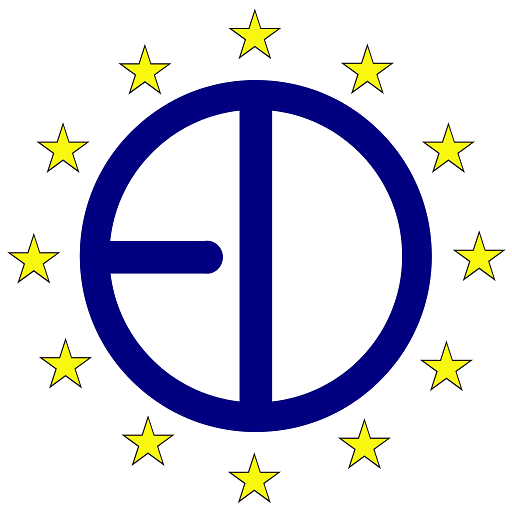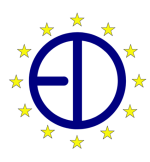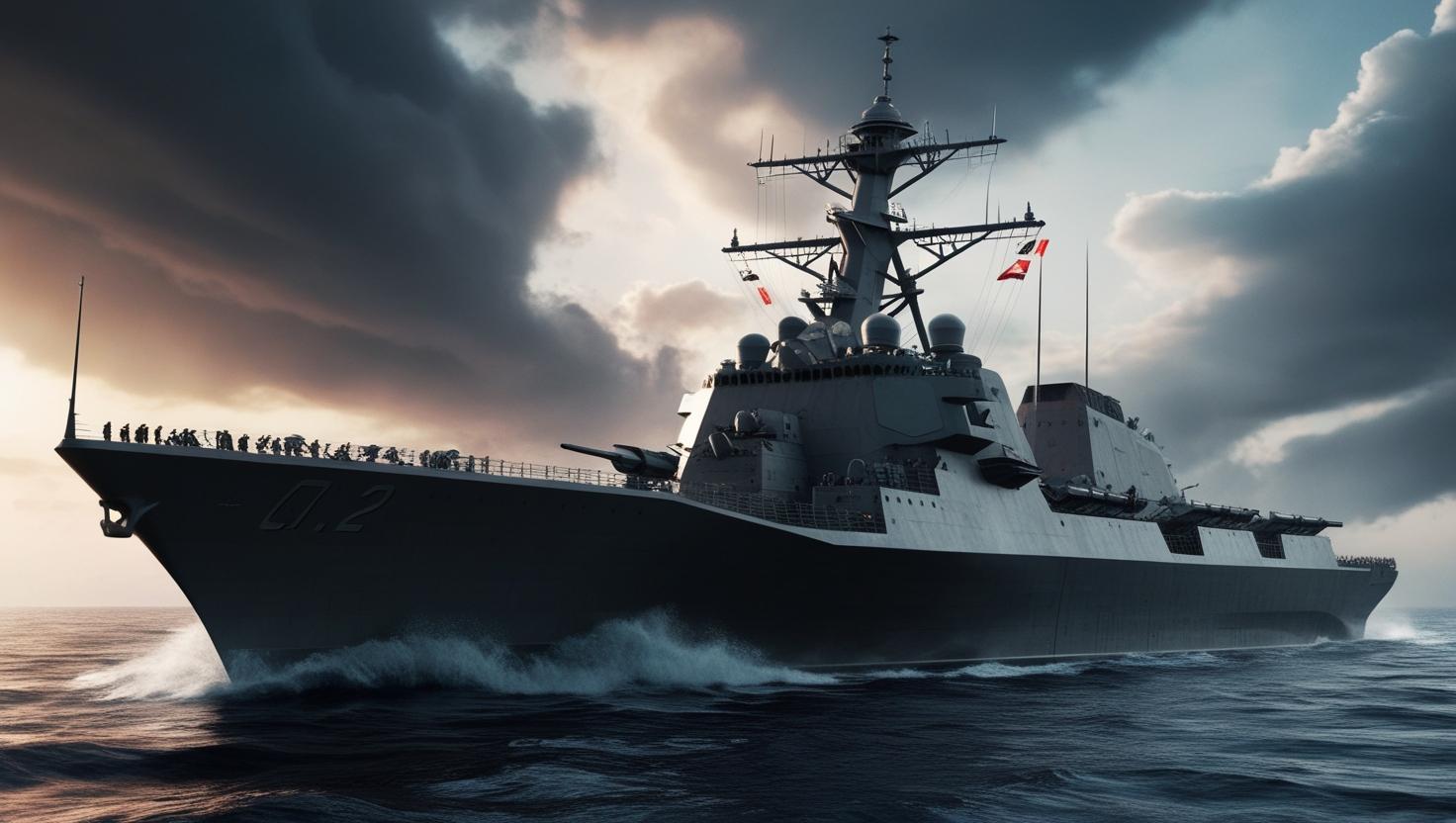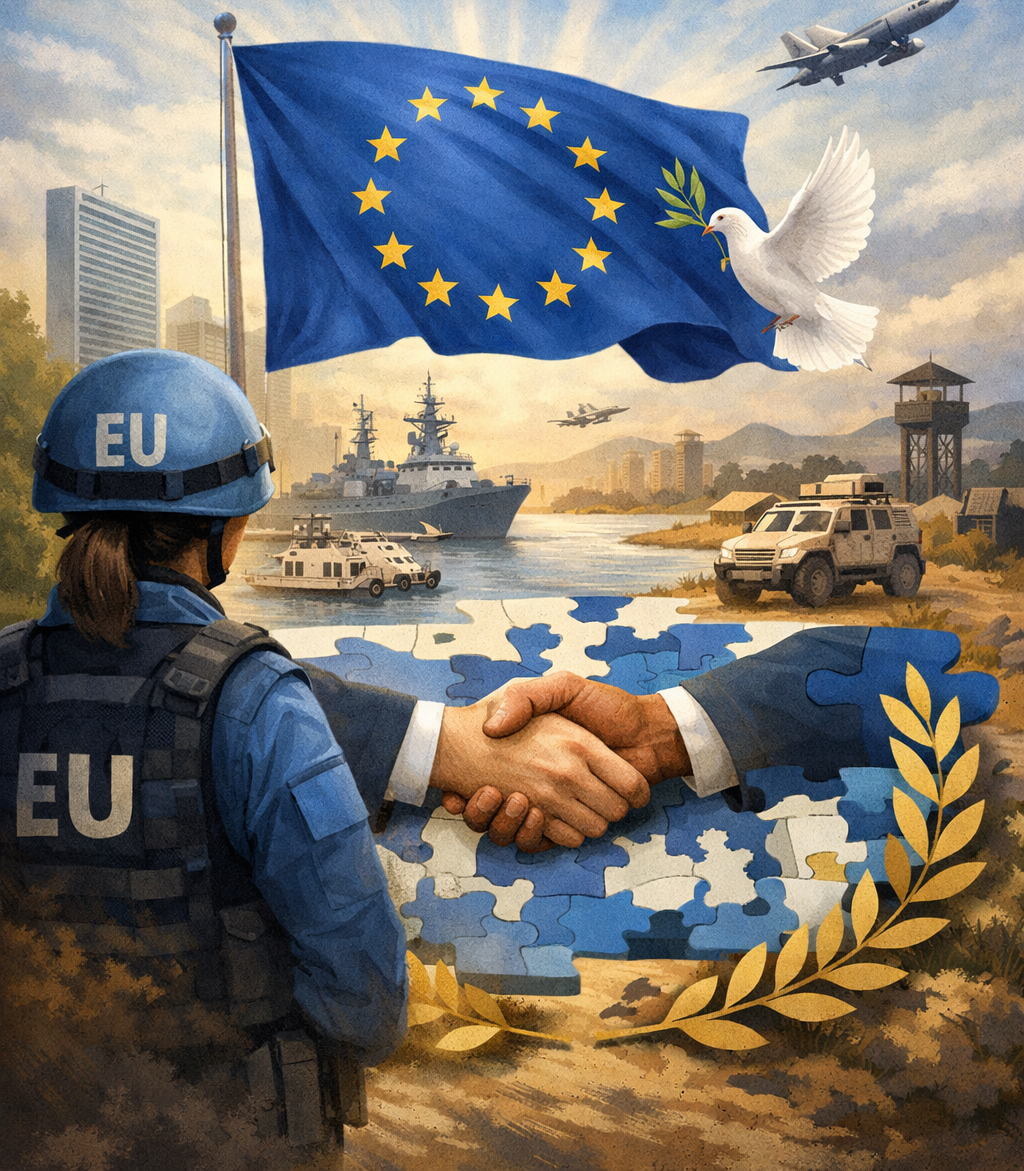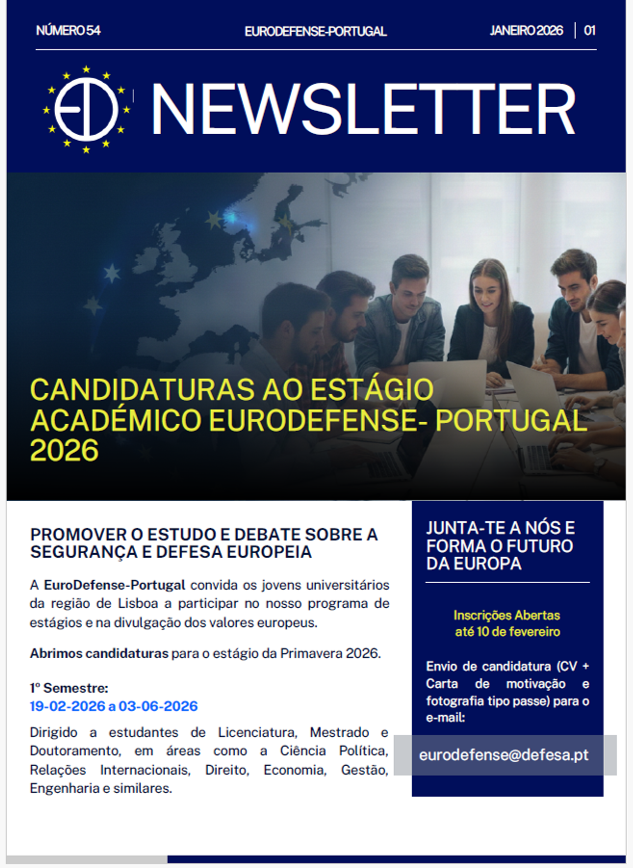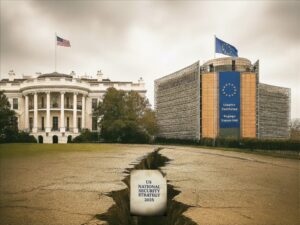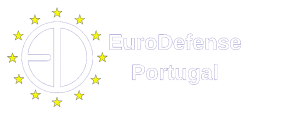When acknowledging the dangerous geopolitical context between China and Taiwan, one must say that war seems inevitable. And in that light, it is difficult to understand how the EU can be a reliable containment player in the global arena. However, to take such a position, one must first look at the basic principles of the EU-Taiwan relations.
The European Union (EU) does not officially recognise Taiwan as a sovereign state. The EU follows a “One China” policy, which means it recognizes the government of the People’s Republic of China as the sole legal government of China. However, the EU and Taiwan have developed solid relations and close cooperation in a wide range of areas, including human rights, trade and economic issues, connectivity, innovation, digital issues, green energy, circular economy, labor issues, and disaster management. This relation is based on a consultation level.
The EU supports the status quo and peaceful resolution of differences across the Taiwan Strait, rejecting the use or threat of force. It encourages dialogue and constructive engagement. And therefore, when oversimplifying this situation, we find the first theoretical contradiction, because supporting the status quo, means that the EU is recognizing the sole existence of Taiwan, as a political actor, but not as a sovereign nation.
While diplomatic ties are not maintained, the EU and Taiwan engage in regular consultations and have a strong trade and economic partnership. The government of Taiwan has heavily invested in projects in R&I by building a large technological capability. Taiwan is a world leader in the semiconductor industry, which has major strategic importance. There is hardly an industry nowadays that can succeed without the use of microchips (European Parliament, 2022).
To put it differently, the prevailing understanding is that the relationship between the EU and Taiwan is primarily focused on economic interactions. Political aspects are considered secondary and are directed towards enhancing trade advantages. Consequently, there exists a conceptual void concerning the EU’s limited substantive interaction with Taipei, which can be attributed to systemic limitations. Addressing this requires a more practical approach that may involve innovative diplomatic strategies.
Within this context, examining Taiwan’s political goals is essential. The significance of Taiwan’s advocacy efforts within the EU stems from the Kuomintang (KMT) resurgence to governance in 2008, which marked a transition to policies more amenable to China, coupled with the adoption of the Workable Diplomacy philosophy (Lang, 2015). This strategy was designed to bolster Taiwan’s global position and its diplomatic ties via pragmatic and harmonious methods, eschewing aggressive or nationalistic diplomatic tactics. Here are some key aspects of this doctrine:
- Smoothing out working-level relations with other countries and international organizations;
- Adapting to the challenges within the complex foreign policy system;
- Work with the objective of redefining partner’s priorities in Taiwan’s favor (Lang, 2015).
The Taiwanese lobbying system in Europe today largely corresponds with the exigencies of the EU’s ‘multi-location’ foreign policy system. One assistant in the European Parliament (EP) highlighted the admiringly good coordination between the Taipei Representative Office (TRO) in Brussels and national-level TROs in major European capitals, recalling for instance that Taiwanese diplomats in Brussels were perfectly informed of former engagements with Taiwan of Members of the European Parliament (MEPs) at the national level (Lang, 2015). The staffing of different TROs in Europe equally reflects the predominant importance of the EU level for Taiwan today, with the TRO in Brussels being significantly larger than representations in national capitals and staffed with seasoned diplomats and important figures of Taiwanese politics. More generally, Taiwanese lobbying in Brussels is described by European actors and observers as very active and more adapted to European cultural susceptibility than mainland Chinese diplomacy (Lang, 2015).
In light of the 21st century’s new balance of power, it is clear that no single European country remains powerful enough to even cautiously stand up to Beijing on a question as sensitive as the Taiwan issue: “No political upgrading of German-Taiwanese relations without a strong European backing”. This assertion is all the more true today, with the ‘China factor’ being more relevant than ever and Taiwan’s international standing in progressive decline. In view of these new realities, simply lobbying individual member states on issues of ‘high politics’ has ceased to be a promising strategy for the Taiwanese government. European capitals do, however, remain important lobbying sites both because of the relevance of lower-level commercial dealings, and – more importantly – because their positions are key to EU level decision-making in the Council (Hsi-min & Lee, 2020).
In stark contrast to other EU institutions’ extremely cautious stance on the Taiwan question, the EP has long been playing the role of Taiwan’s ‘best friend’ in Europe. Starting with the 1985 Resolution on Trade with Taiwan, it adopted numerous Taiwan-friendly resolutions over the last three decades. An obvious downside to this well-established channel of influence is the non-binding nature of EP resolutions in foreign policy (Chung, 2023).
Although a purely symbolic foreign policy instrument, supportive EP resolutions remain important diplomatic victories for Taiwan at each time, and TRO officials themselves spontaneously referred to the number of resolutions passed by the EP over time as an indicator for Taiwan’s standing in EU foreign policy-making (Vasselier & Legarda, 2023).
This diplomatic victory is seen as limited, in terms of concrete measures and the concrete diplomatic stance that Taiwan now faces. Taipei is still confronted by the chinese determination to assert total political control of the Island, by all means, must it be military as well. Taiwan diplomatic recognition is still limited and, in result, the Taiwanese government has to face internal criticism of the doctrine for being too passive and not doing enough to assert Taiwan’s sovereignty (Abril Martí, 2022).
So, the new Taiwanese government is seeking to establish a new framework for its relation with Brussels – a Free Trade Agreement. This is the most valuable geopolitical instrument that the European Commission possesses, and there have been discussions and resolutions passed in the European Parliament advocating for stronger economic ties with Taiwan. This includes support for Taiwan’s participation in international organizations and the need for agreements on supply chain resilience. Moreover, the European Parliament has called on the European Commission to strengthen cooperation with Taiwan and to consider a formal bilateral investment agreement. These steps are seen as precursors to a more comprehensive trade agreement like an FTA (Chung, 2023).
However, any progress on such an agreement is closely watched by China, which fiercely opposes any formal recognition or agreements that imply Taiwanese sovereignty. Despite these challenges, Taiwan continues to press for closer economic ties with the EU. Because Europe is not willing to openly defy Beijing’s concerns over Taiwan, a FTA might be a risky deal, and it has to be coordinated with the geopolitical context, and when it comes to geopolitics, we have to look at the US. And there arise a couple of issues regarding the way the US see themselves in world politics, which should be discussed in a different framework.
To conclude, we should understand, firstly, that the EU has to navigate through a very complex environment of the interests of its main ally – the United States, the interests that Beijing has, and the preservation of the status quo in the region, as the main prerogative of peace and stability. This is, therefore, a very difficult task to be assumed right now, but regarding the existential threat that Russia poses to European Security and the role that the US have in this situation, the first step for the EU is to clarify its relationship with the US and adopt a clear set of short-term objectives for the affirmation of the Strategic Autonomy.
April 16, 2025
Vitaliy Venislavskyy
EuroDefense Jovem Portugal
Bibliography:
European Parliament. (2022). EU-China relations. European Parliamentary Research Service. Retrieved from European Parliamentary Research Service website: https://www.europarl.europa.eu/EPRS/TD_China-EU_relations_2022_March_final.pdf.
Hsi-min, L., & Lee, E. (2020). Taiwan’s Overall Defense Concept, Explained. Retrieved from thediplomat.com website: https://thediplomat.com/2020/11/taiwans-overall-defense-concept-explained/.
Lang, B. (2015). Taiwanese Lobbying in the European Union: “Workable Diplomacy” and Its Limitations. EU Diplomacy Paper 8/2015. Www.academia.edu. Retrieved from https://www.academia.edu/66041594/Taiwanese_Lobbying_in_the_European_Union_Workable_Diplomacy_and_its_Limitations_EU_Diplomacy_Paper_8_2015.
Vasselier, A., & Legarda, H. (2023). Navigating Taiwan relations in 2024: Practical considerations for European policy makers | Merics. Retrieved from new.merics.org website: https://new.merics.org/en/report/navigating-taiwan-relations-2024-practical-considerations-european-policy-makers.
Chung, J. (2023). European Parliament votes to sign deal with Taiwan – Taipei Times. [online] www.taipeitimes.com. Available at: https://www.taipeitimes.com/News/front/archives/2023/12/14/2003810596.
Abril Martí, P. (2022). The European Union’s position towards the China-Taiwan conflict. [online] ESThinkTank. Available at: https://esthinktank.com/2022/03/25/the-european-unions-position-towards-the-china-taiwan-conflict/ [Accessed 2 Jul. 2022].
NOTA:
- As opiniões livremente expressas nas publicações da EuroDefense-Portugal vinculam apenas os seus autores, não podendo ser vistas como refletindo uma posição oficial do Centro de Estudos EuroDefense-Portugal.
- Os elementos de audiovisual são meramente ilustrativos, podendo não existir ligação direta com o texto.
